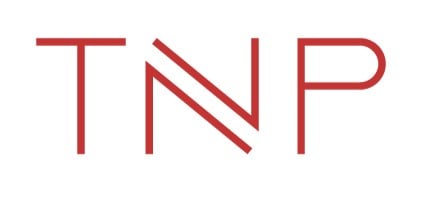

Head of legal and compliance, company secretary | Heirs Energies



Oyindamola Oyeduntan
Head of legal and compliance, company secretary | Heirs Energies
Team size: Three
What are the most significant cases or transactions that your legal team has recently been involved in?
The most significant project my team has recently been involved in is the implementation of the Petroleum Industry Act 2021. The Act, passed months after Heirs Energies commenced operations, required immediate implementation of the mandatory changes introduced as well as careful analysis of the impact the voluntary changes to the licensing regime had on the business.
The project was implemented by establishing workstreams to analyse the different aspects of the law which cut across various operational and functional areas. These workstreams had focal points that drove the review, analysis, and implementation of activities within their workstream.
The legal team was the focal point for the end-to-end implementation of the Act within the organisation, working with the various workstreams to ensure that all key obligations had been identified and were being implemented. It was a multifaceted project that required a lot of interaction with various parts of the business, a lot of coordination and reporting to management on progress made. Multiple meetings had to be held to work through challenges that arose, track progress on open items and connect various parts of the business to provide missing information or data.
The implementation spanned over two months with most of the key aspects having been successfully completed. It was a very exciting and enlightening project for the team that helped to improve knowledge of the new law as well as operational aspects of the business and how they intertwine. It also helped to develop various key skills, including leadership, communication and project management skills of my team members who were charged with driving various aspects of the project.
How do you see the general counsel role evolving in Nigeria over the next five to ten years?
I see the general counsel role evolving to be more business oriented and solution minded, especially in light of the policy changes being introduced by the new government. The general counsel has to be nimble in thinking and practical in advisory to help the business navigate the challenging economic environment while also spotting and highlighting new opportunities created by regulatory developments and changes, for the business to consider.
General counsel have to make themselves more visible to management as a trusted adviser and business enabler who sits at the table when key business decisions are being made and who can provide assurance and guidance to manage any arising legal risks.
They must embrace more technology to create greater efficiencies in how work is done, and support provided to the business. This has to be technology that enables scale and improves turnaround time without compromising on quality. Legal may need to become a product offering rather than a service offering and the general counsel must find a way to position their team to produce the relevant products at optimal cost.
In general, what would you like to see change about the external law firms you use?
As a general counsel who has had to rely on external counsel to fill internal capacity gaps due to managing a lean team, I would love to see a demonstrated understanding of operational and business matters in the provision of legal advice and support by external law firms.
What are some of the main legislative or regulatory changes that have impacted you?
The most impactful regulatory change has been the passing of the Petroleum Industry Act 2021 (PIA) which introduced major changes to how the oil and gas industry is regulated and operated. The PIA defines a new legal, governance, regulatory and fiscal framework for the petroleum industry and provides for the development of Host Communities. The petroleum industry now has two regulators, resulting in a lot more regulations being issued. Given I double hat as the head of compliance, this means the deployment of additional resources and monitoring strategies to ensure the organisation is aware of all regulatory changes being introduced and is well positioned to comply with them all.
Formerly legal counsel/ company secretary | Heirs Energies